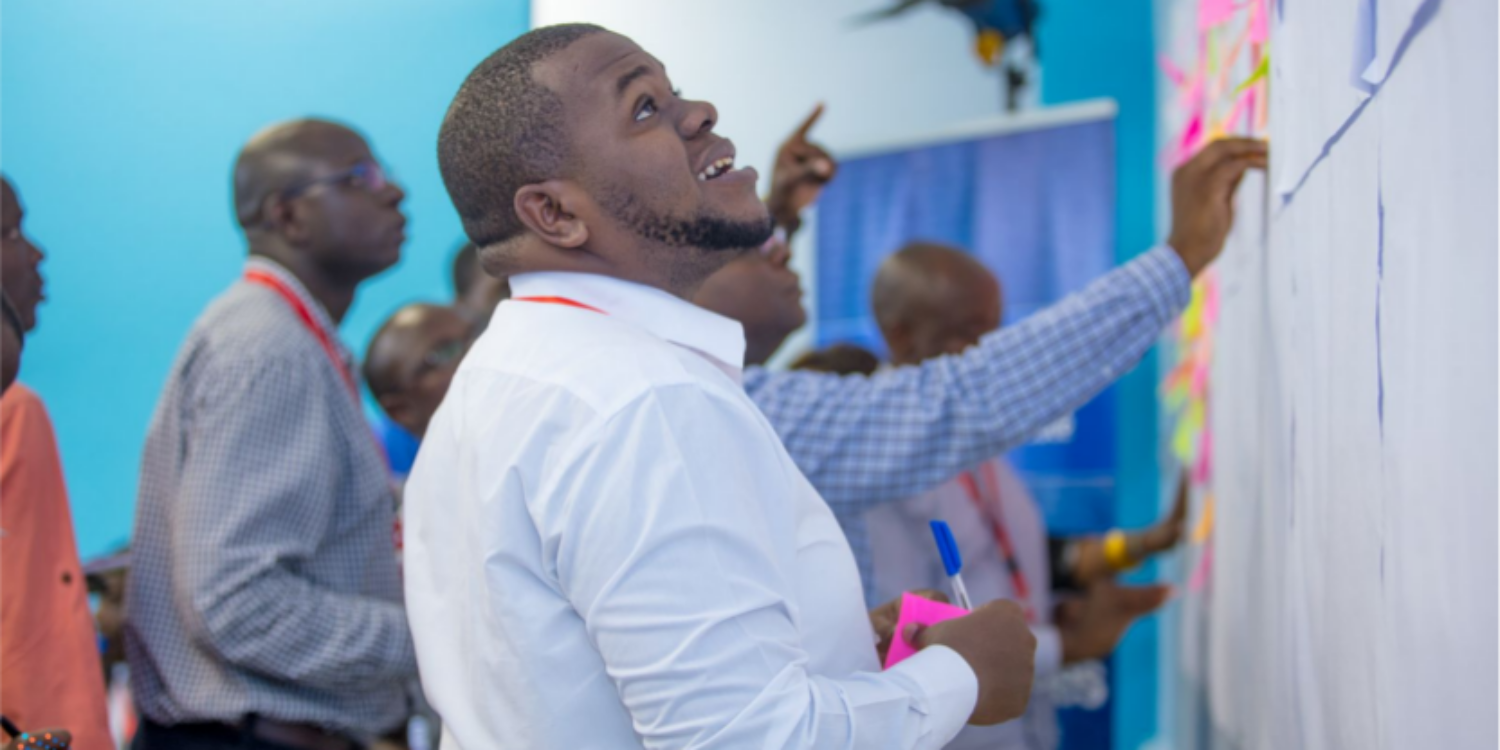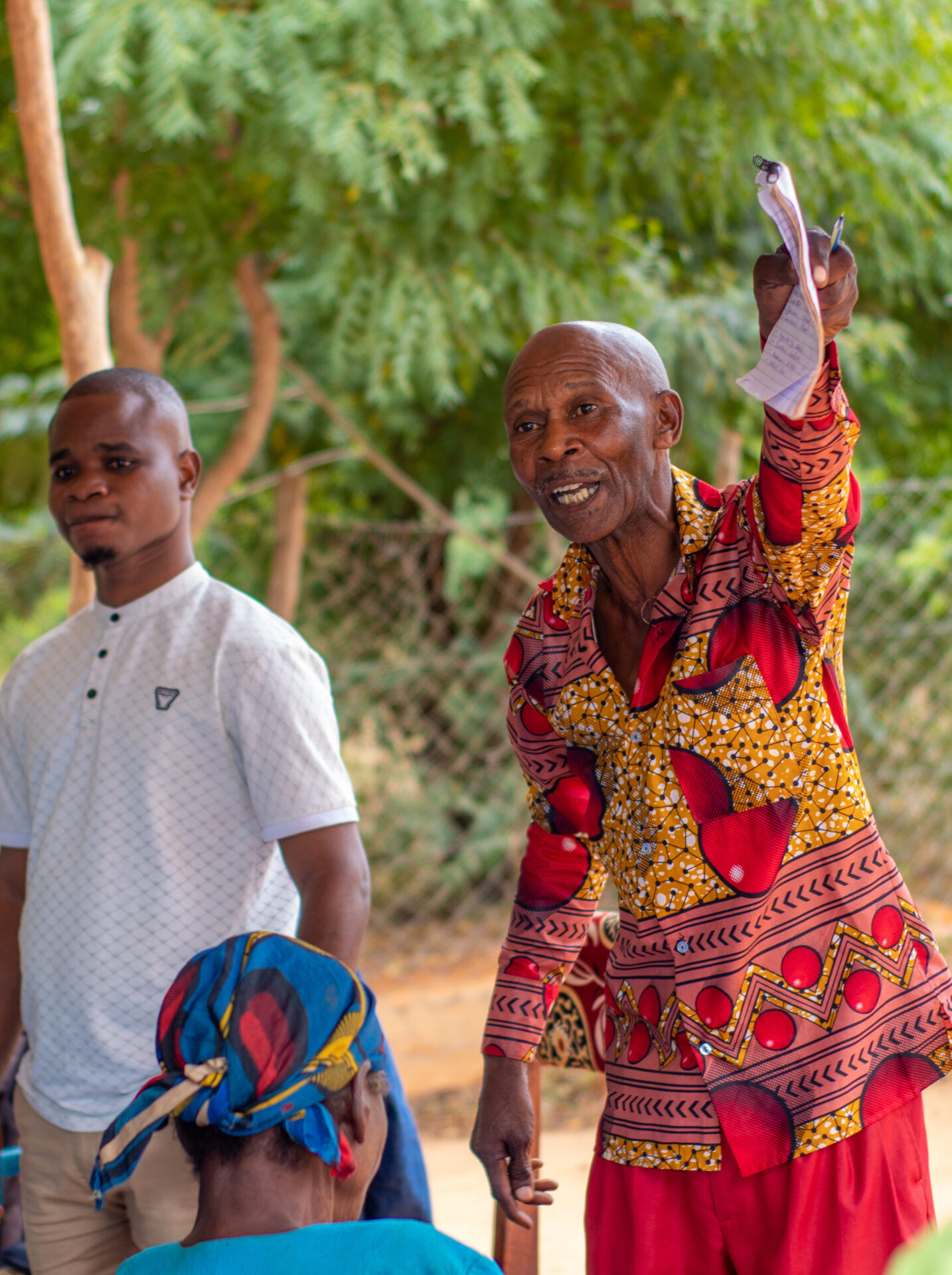All over the world, states, organizations as well as individuals have been, and continue to be, in the habit of coming together for a cause. The agenda of the cause varies according to the conveners. No matter the calibre/stature of the conveners, there is ordinarily an agenda that brings them together. Despite such meetings having clear agendas to spearhead an initiative, it is another thing altogether, to have them achieve the agreed and discussed action points thereafter. Buntwani , an annual event organised and steered by the Open Institute is no ordinary event. It is an action point. Butwani is a swahili word that means a “meeting of elders from villages”. The elders welcome elders from other villages and go ahead to discuss issues affecting them.
In September 2015,193 states came together and unanimously agreed to adopt the Sustainable Goals.The SDG initiative anchored on the slogan “ Leaving No One Behind” is not just a slogan for the Open Institute. In our work as the Open Institute, geared towards implementing the SDGs, we began noticing a tendency. A tendency in which people worked in silos despite having the same agenda of implementing the SDGs. We found that people would often at times be working in certain locations and duplicating an activity being done by another organisation or even government. It became very clear that organisations: civil society, private sector, academia and government hardly meet to at least talk and share about what they are doing.
Buntwani 2017, held at the dLAB in Dar-es-Salaam Tanzania, saw the coming together of:
community level leaders such as the chiefs who represent the lowest administrative unit of the Government, county government officials, civil society, public and private sector from diverse nationalities from Africa and Asia. The unconference setting opened up the floor to open and free discussions where participants got to discuss their successes, challenges and share insight on their implementation of the SDGs through effective citizen engagement and participation.

The participants went on to discuss their innovative strategy in achieving community engagement and participation, and came from various corners of the world: the Jakarta data lab in Indonesia, where the World Web Foundation works with Government to solve community issues, Data Zetu in Tanzania holding listening campaigns amongst the communities to elicit
pain points to identify where to begin in solution building, Ramani Huria in Tanzania working with University students to mapp drainage ways with an aim of making better city drainage and building better flood resilience among the Dar-es-Salaam community and Lanet Umoja community in Nakuru Kenya data collection exercise and its advocacy to the Governors’ platform specifically that led to their acquisition of a new health centre.
 The sessions also
The sessions also
exposed barriers to
effective citizen
engagement and
participation, the wishes
the participants would
like to see, a to do list in
achieving the wishes, the
metrics on achieving the
wishes, events already
planned for the
achievement of these
wishes.
Discussions on how to better collaborations between government, civil society, public and private sectors were had in both depth and length.
Finally, it was unanimously agreed that having a subnational.group to constantly evaluate progress, enrich each other’s ideas, and brainstorm on better strategy towards community engagement and participation was not only a start but a great start. Afterall, “communication leads to community, understanding, intimacy and mutual valuing.” Rollo May

Buntwani Report
Buntwani 2017 Report by Open_Institute on Scribd













